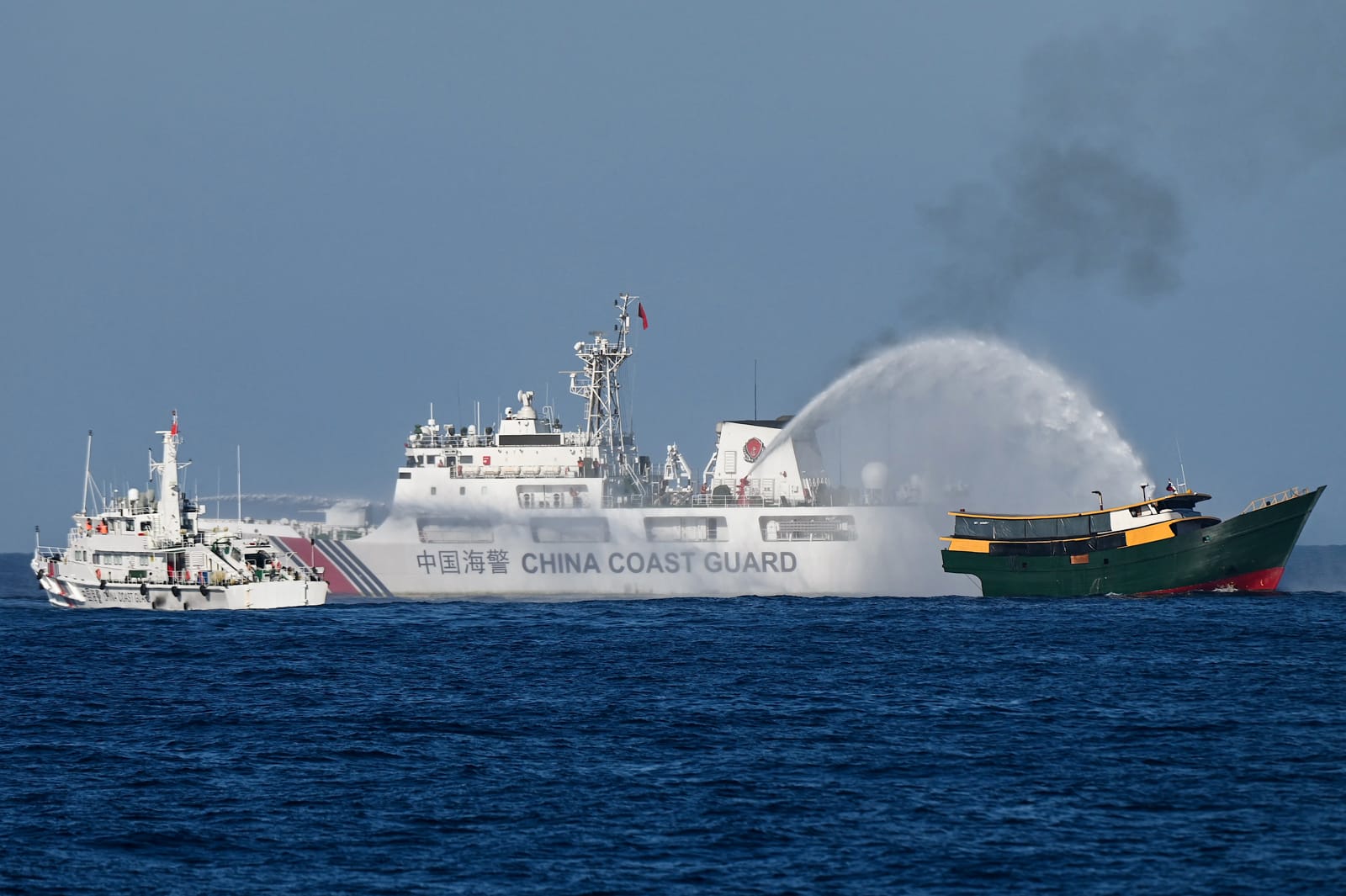The South China Sea has become a focal point for escalating geopolitical tensions, as multiple nations assert territorial claims over the region’s strategic waters. Disputes involve China, the Philippines, Vietnam, Malaysia, and other Southeast Asian countries, fueled by economic interests and national security concerns.
The area is rich in natural resources, including oil, gas, and fisheries, making control over its waters a critical priority for regional powers.
Military and Strategic Developments
Naval exercises, increased patrols, and construction of artificial islands have intensified the risk of conflict. China has reinforced military installations, while neighboring countries conduct joint exercises with international allies, increasing military presence and surveillance activities.
Analysts warn that miscalculations could escalate into armed confrontations, potentially destabilizing regional security and global trade routes.
Economic Implications
The South China Sea is a vital shipping corridor, facilitating nearly one-third of global maritime trade. Escalating tensions disrupt shipping lanes, affect energy markets, and threaten supply chains.
Fisheries and natural resource exploitation are also impacted, affecting local economies and livelihoods dependent on the sea’s resources.
International Response and Diplomacy
The international community has urged dialogue and adherence to international law, particularly the United Nations Convention on the Law of the Sea (UNCLOS). Diplomatic efforts involve multilateral negotiations, mediation by regional organizations, and engagement of global powers to reduce tensions.
Economic sanctions, maritime agreements, and confidence-building measures are tools being explored to manage the conflict and prevent escalation.
Future Outlook
Experts predict that the South China Sea will remain a hotspot for geopolitical maneuvering in the near future. Sustained diplomacy, conflict prevention measures, and cooperative resource management are critical to maintaining stability and ensuring that trade and economic activities are not severely disrupted.
Long-term solutions may involve shared resource agreements, multilateral governance, and confidence-building among regional and global stakeholders.
FAQs
What countries are involved in the South China Sea dispute?
China, the Philippines, Vietnam, Malaysia, and other Southeast Asian nations assert territorial claims.
Why is the region strategically important?
It is rich in natural resources, including oil, gas, and fisheries, and serves as a major shipping corridor.
What military developments are taking place?
Naval exercises, patrols, and construction of artificial islands have increased military presence.
How is the international community responding?
Diplomatic efforts, adherence to UNCLOS, multilateral negotiations, and mediation by global powers are being pursued.
What is the future outlook?
The region will remain a geopolitical hotspot, requiring diplomacy, conflict prevention, and cooperative resource management to maintain stability.
Conclusion
The South China Sea conflict underscores the complexities of regional territorial disputes and the critical importance of diplomacy in maintaining stability. While military presence and geopolitical maneuvering continue, cooperative approaches and adherence to international law remain essential to prevent escalation.
Ensuring stability in the South China Sea is vital not only for regional security but also for global trade, economic prosperity, and peaceful coexistence among nations dependent on these strategic waters.










